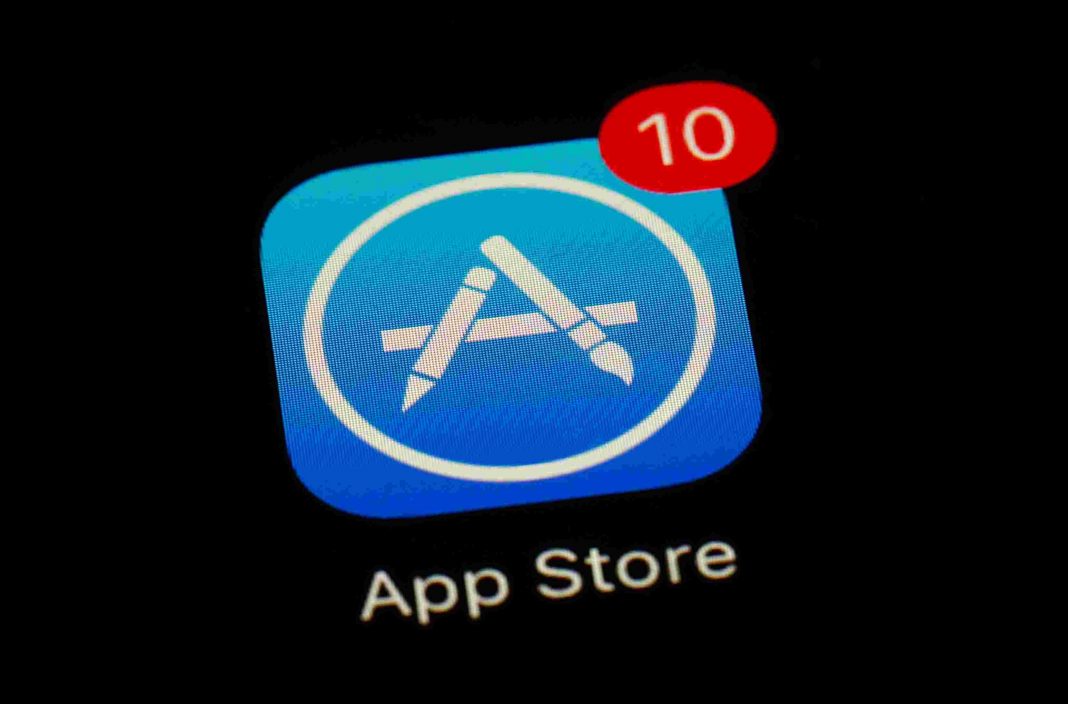According to reports, a federal appeals court granted Apple’s request to delay the implementation of a legal order requiring it to make policy changes to its App Store that could assist app developers in circumventing what they claim are unfair fees on Wednesday, giving the company a last-minute reprieve.
If the appeals court had not ruled, Apple would have been forced to begin allowing firms to embed links inside their applications that take consumers to other websites where they may pay for the services or subscriptions offered by those companies on Thursday, according to reports. Apple would not have been able to take a cut of up to 30% on such purchases if this had been the case.
The injunction was first issued in September as part of a year-long legal battle between Apple and Epic Games, the company that created the famous video game Fortnite, which had lasted almost a year. Using Apple’s fees and rigorous App Store guidelines, Epic accuses the company of engaging in anticompetitive activity that harms developers and customers. Apple has responded by suing Epic.
Three judges on the Ninth Circuit of the United States Court of Appeals for the Ninth Circuit noted in a short document that Apple may postpone any modifications until the appeals process for the Epic lawsuit was completed, which could take more than a year in certain cases.
In a long-running legal debate over whether or not app developers have the right to notify their consumers about other payment methods for their services outside of the App Store, the verdict adds another layer to the mix.
A three-week hearing in May ended with Judge Yvonne Gonzalez Rogers of the United States District Court for the Northern District of California in Oakland concluding that the tech behemoth did not have monopoly power and that the company did not engage in anti-trust practises.
She did, however, claim that Apple was in violation of California competition law with its so-called anti-steering rule, which prevented developers from informing their consumers about other payment methods other than those available via the App Store. Apple was ordered to discontinue the anti-steering regulation by Judge Gonzalez Rogers by the end of December.
Apple filed an appeal of the decision in October and asked that Judge Gonzalez Rogers’ order against the anti-steering rule be temporarily stayed until the outcome of the appeal. Despite her denial of the company’s plea in November, the federal appeals court found that she was incorrect.
Apple issued a statement in which it praised the appeals court and underlined its opposition to any changes to its stringent App Store policies. In a statement, Apple expressed worry that the modifications would have introduced new privacy and security issues, as well as disturbed the user experience that users have come to rely on in the App Store.
If Apple loses its appeal, it may be forced to comply with Judge Gonzalez Rogers’s decision, but it may also be forced to comply with the order if it wins on the first round.

